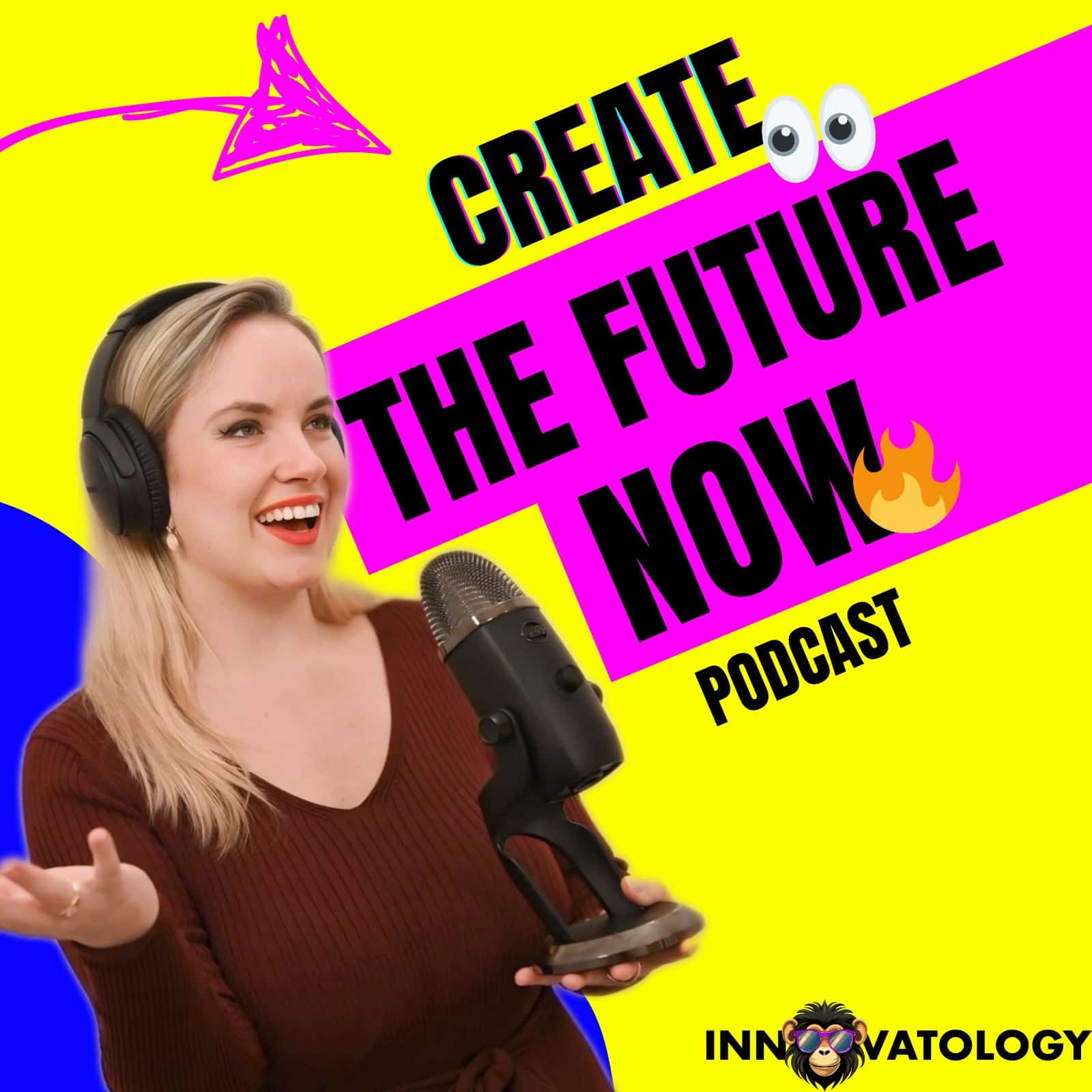In this enlightening episode of Create the Future Now, host Marie Zamecnikova from Innovatology welcomes Dr. Sabba Quidwai, an acclaimed expert in design thinking, technology, and educational innovation. With her impressive background as a former Education Leadership Executive at Apple and the current Director of Innovative Learning at USC, Dr. Sabba delves into how design thinking fosters adaptability, creativity, and resilience in a rapidly evolving world shaped by AI technology. Listeners will discover how design thinking cultivates empathy and innovation, equipping individuals and organizations to thrive in an AI-driven future. Dr. Sabba shares her journey of empowering young minds and professionals alike to leverage technology as a tool for problem-solving and opportunity creation. From practical strategies for integrating design principles into everyday work to insights on fostering a culture of innovation, this episode is packed with valuable perspectives for anyone looking to stay ahead in today’s technology-centric landscape.
Transcript;
00:00:00
All right, so hello everyone and welcome to our Innovatology podcast, where the latest tech and innovation is translated for you, and especially for you, to be more effective in your professional and personal life. Because we find out that actually people are more scared about technology and innovation, and we want to translate it for them, so that they can leverage it for their daily lives. And this is why we have Innovatology. And today we will have a really interesting topic, which will be more about design thinking, AI, and how design thinking makes you irreplaceable in the world with the artificial intelligence. I am Marie, the founder and CEO of Innovatology, and I am here today with Sabba. So hello, Sabba. Hi, how are you? Thank you for having me.
00:00:54
Thank you so much for accepting our invitation. Thank you for this podcast. And can you tell please our audience some more about yourself? Yeah, so hi, everyone. I’m Sabba. I’m a former educator. I started in 2006, around seven as a high school history teacher. And at that time, it was the recession. And so with my first job, I also got my first layoff notice. And so I had to deal with just like a changing economy, and like, you know, the iPhone was coming out, and there was just so many changes in technology, and I felt like really unprepared. And so, just through a series of different things, I then started to get into education technology and look at how it can be used, and just what are the different skills we need to start sort of like, you know, teaching in our schools, and why school needs to change.






